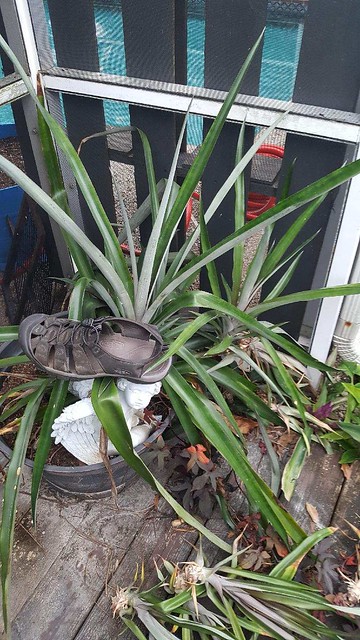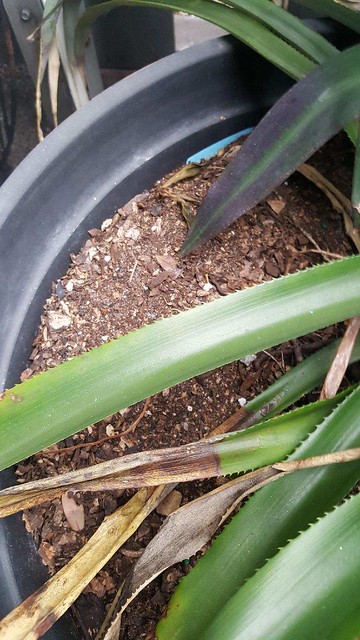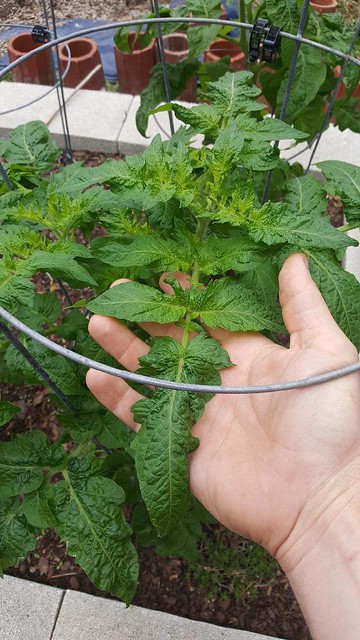Are there any types of wood chips that are especially good or especially bad for growing peppers.
The local water utility is doing a lot of work in the green space next to my house.
They're cutting down dozens of trees to prepare for their project, and, as luck would have it, they're grinding up the stumps.
So, I currently have access to ground up Pine stumps, Cypress stumps, Live Oak stumps, Water Oak stumps, Popcorn tree, and a several other miscellaneous varieties.
So I intend to forage for some wood chips to amend my soil. But I'm not sure if there's a tree I need to concentrate on, or if there are other trees I need to stay away from completely.
The local water utility is doing a lot of work in the green space next to my house.
They're cutting down dozens of trees to prepare for their project, and, as luck would have it, they're grinding up the stumps.
So, I currently have access to ground up Pine stumps, Cypress stumps, Live Oak stumps, Water Oak stumps, Popcorn tree, and a several other miscellaneous varieties.
So I intend to forage for some wood chips to amend my soil. But I'm not sure if there's a tree I need to concentrate on, or if there are other trees I need to stay away from completely.





